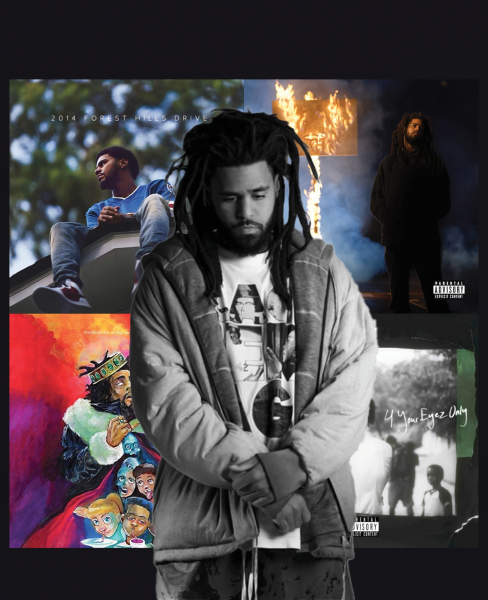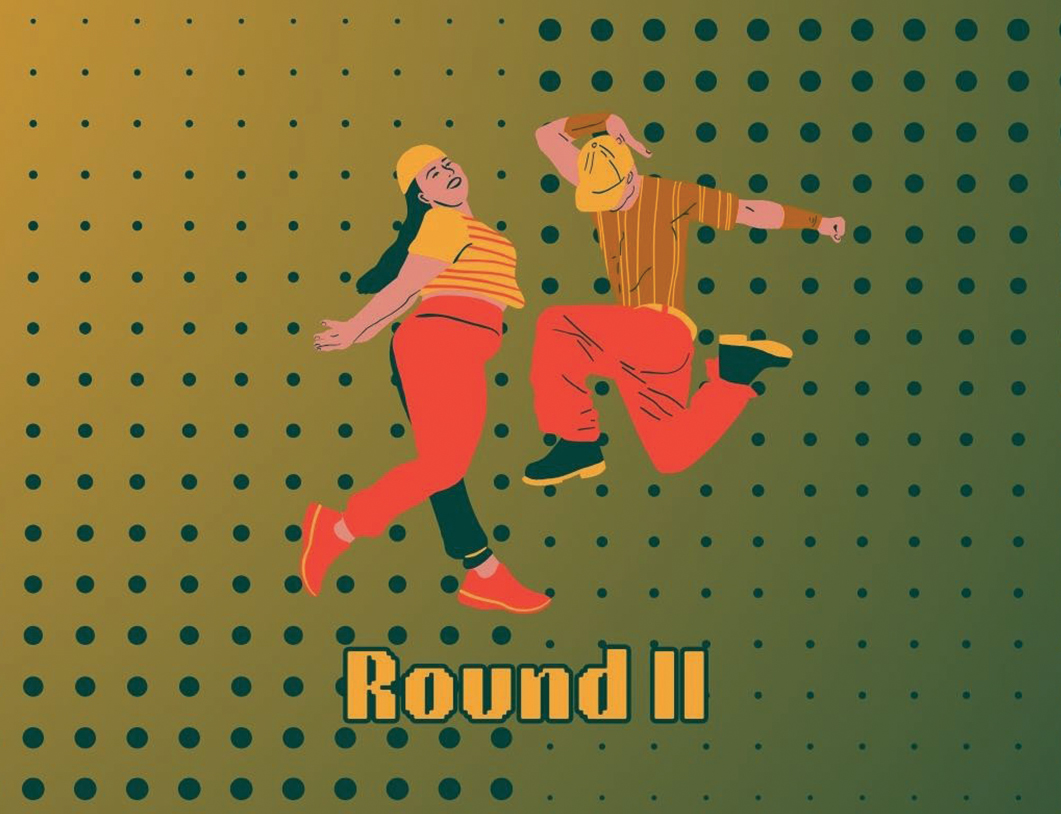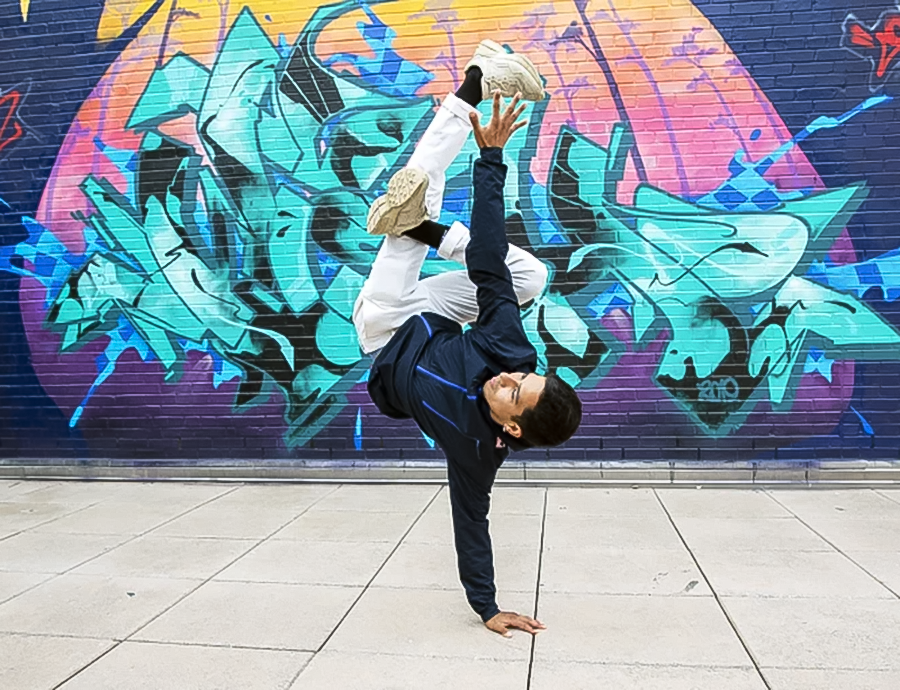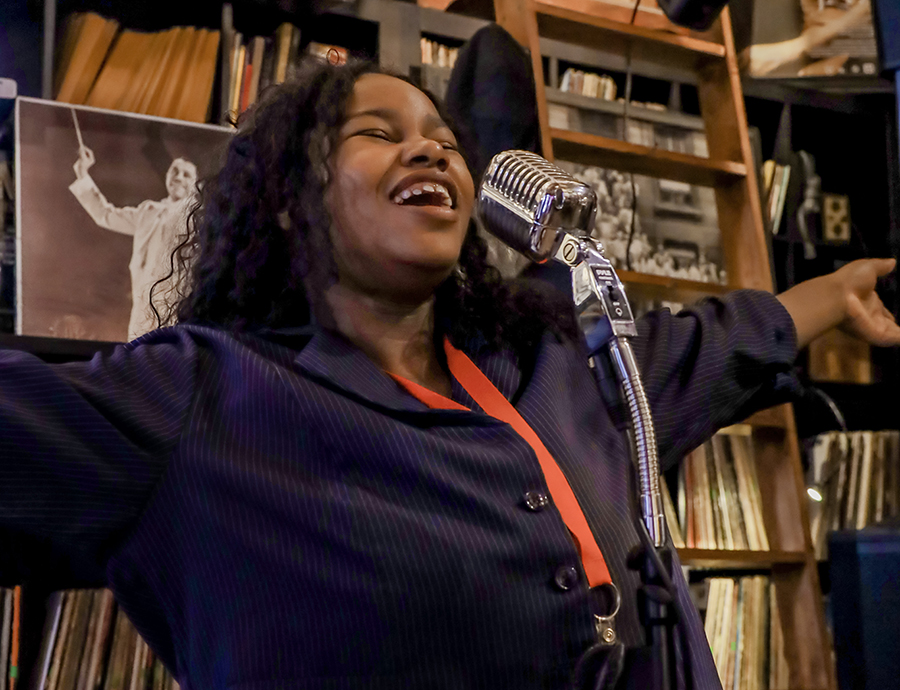In a move that has sent shockwaves through the rap world, Kendrick Lamar has resurfaced with a diss track aimed at Drake and J. Cole. Lamar’s verse on Metro Boomin and Future’s “Like That” has reignited the age-old tradition of rap beefs, and started stirring debates about legacy, clout and the essence of hip-hop culture.

Lamar’s verse on “Like That” makes it clear that he’s not here to play games. Addressing the notion of a “big three” in rap, which includes himself, Drake and J. Cole, Lamar asserts his dominance with lines like “It’s just big me.” This direct attack has left fans and industry insiders buzzing.
But what does this beef signify in the grand scheme of hip-hop? Murray Forman, a communication studies professor at Northeastern University and a leading voice in hip-hop scholarship, believes that while the beef itself may seem inconsequential given the success of all three artists, it speaks volumes about the current state of rap culture.
“Competition is intrinsic to hip-hop,” Forman said in a study on the effects of rap in 2024. However, in today’s landscape, beefs have evolved beyond just bragging rights or personal grievances. With social media, artists can now leverage online platforms to mobilize their fan bases.
Forman said modern beefs are not just about record sales but also about “clout chasing.” Lesser-known artists can use social media to boost their profiles and gain traction in the industry. This shift in dynamics has trans-formed beefs into spectacles orchestrated by fans, with artists taking the backseat.
The Kendrick/Drake/J. Cole feud also raises existential questions about legacy and generational supremacy. As Forman suggested, these artists are competing not only for current dominance but also for their place in hip-hop history. Their actions today may shape how future generations perceive their contributions to the genre.
Ultimately, while the beef between Lamar, Drake and J. Cole may seem like a clash of titans, it’s also a reflection of the ever-evolving nature of rap culture. As fans wait for responses and dissect every line, one thing is certain: hip-hop’s epicenter has shifted, and the effects of this showdown will echo for years to come.






